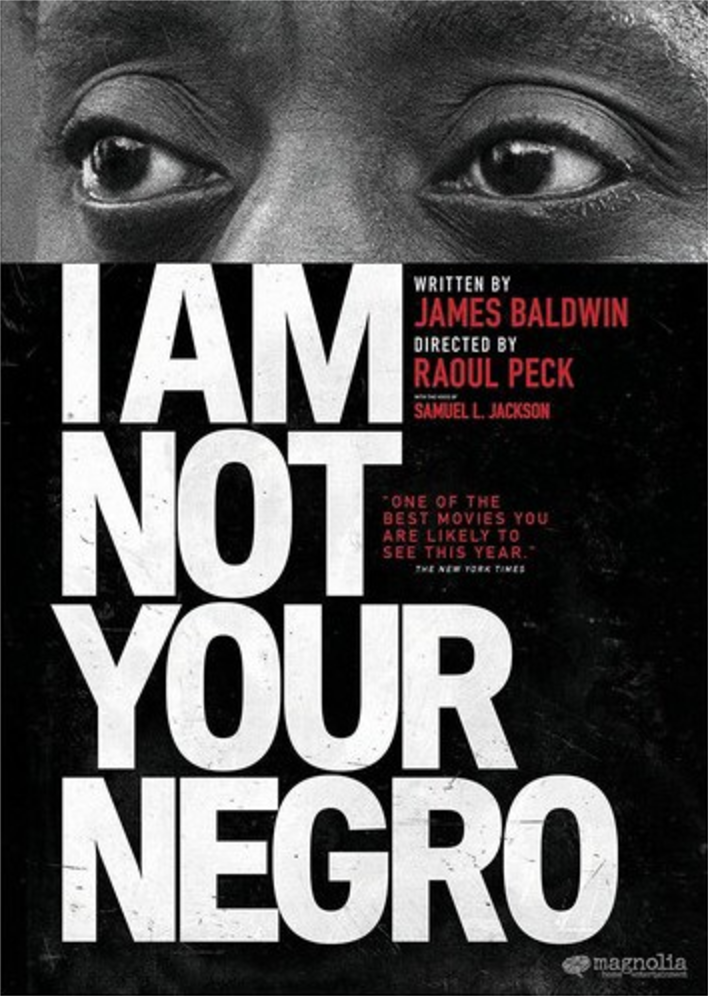Course Meeting Times
Lecture/discussion: 2 sessions / week, 1.5 hours / session
Prerequisites
None
Course Description

© Velvet Film, Artemis Productions and Close Up Films. All rights reserved. This content is excluded from our Creative Commons license.
How the Humanities can help break walls and build bridges…and help us #StayWOKE
What do texts and theories about Africans and their descendants in the Americas, alongside other “Negroes” (somewhat in the sense of Raoul Peck & James Baldwin’s film “I Am Not Your Negro”), reveal about the making of various hierarchies of power in the United States and beyond—based on race, class, gender, etc.? We’ll start by deconstructing the concepts of “Negro” and its congeners: “Black,” “African-American,” etc.?
We’ll seek to enrich our understanding of these concepts through analyses that consider the possibility of action by ourselves as local community members and as world citizens working toward equal opportunity for individual and communal well-being. These analyses will ask us to identify and analyze general global patterns through the study of the local and specific.
Such endeaver can be made especially challenging when identity politics are used and mis-used for alienation and de-humanization, and for the grabbing of power by the few to the detriment of the many. Still, can we hope to improve our future and "make America [and the world] great" (at long last?) through the Humanities via the study of our past and present?
And, most importantly for us at MIT in Spring 2017, how can this “Black Matters” course be made relevant to advancing social justice locally and globally?
Haiti, my native country, and other socio-economically and intellectually oppressed communities in the Americas will serve as comparative case studies for analyzing the shaping and reshaping of languages, cultures and identities by Black people in the Americas and beyond.
These analyses will, I hope, help shape our own future as wall breakers, bridge builders and change makers. With the help of guest speakers from various disciplines, we will use language, linguistics, education, history, religion, literature, migration, politics, etc., to examine how theories and concomitant attitudes about “Black Matters” have shaped, and have been shaped by, global events through struggle, rebellion, critique and innovation.
And the struggle continues toward a better world…
